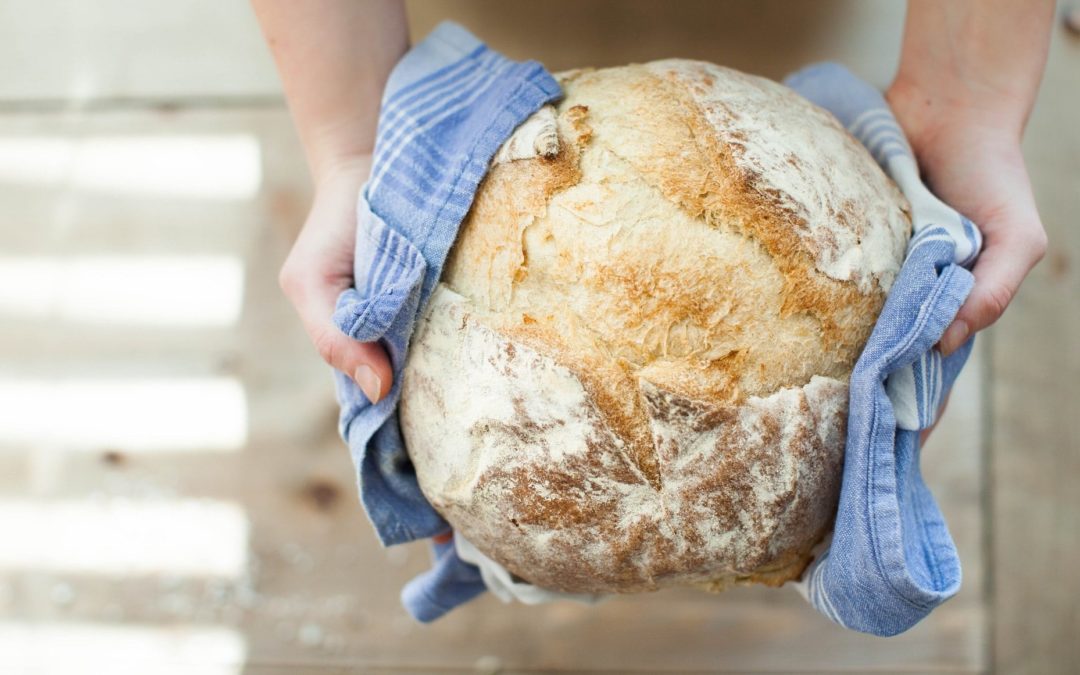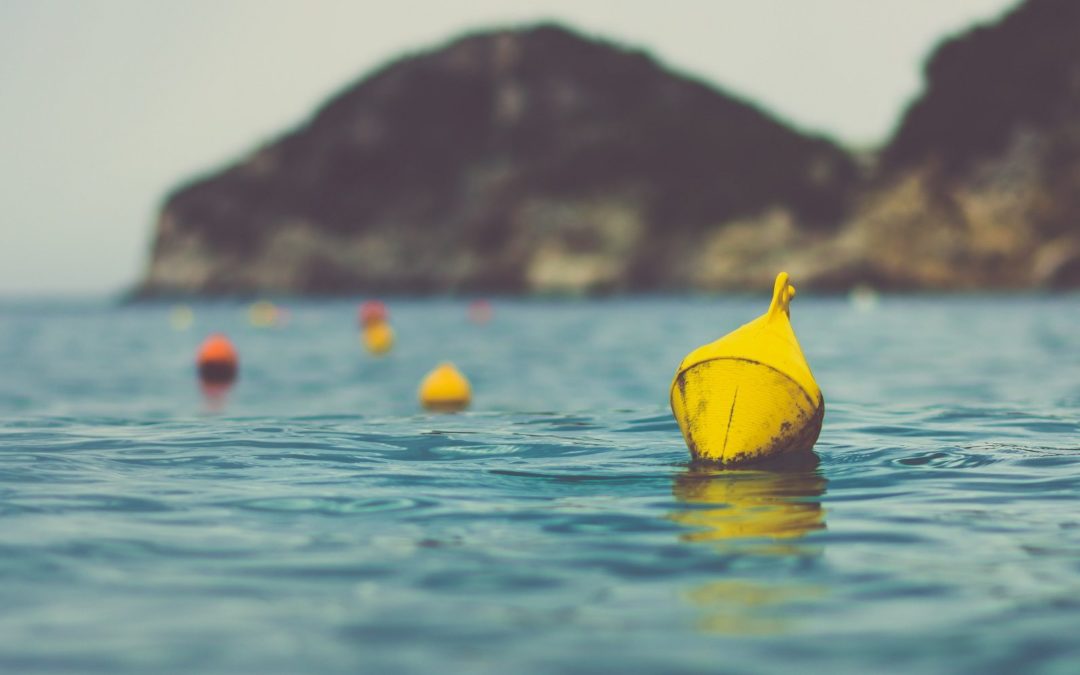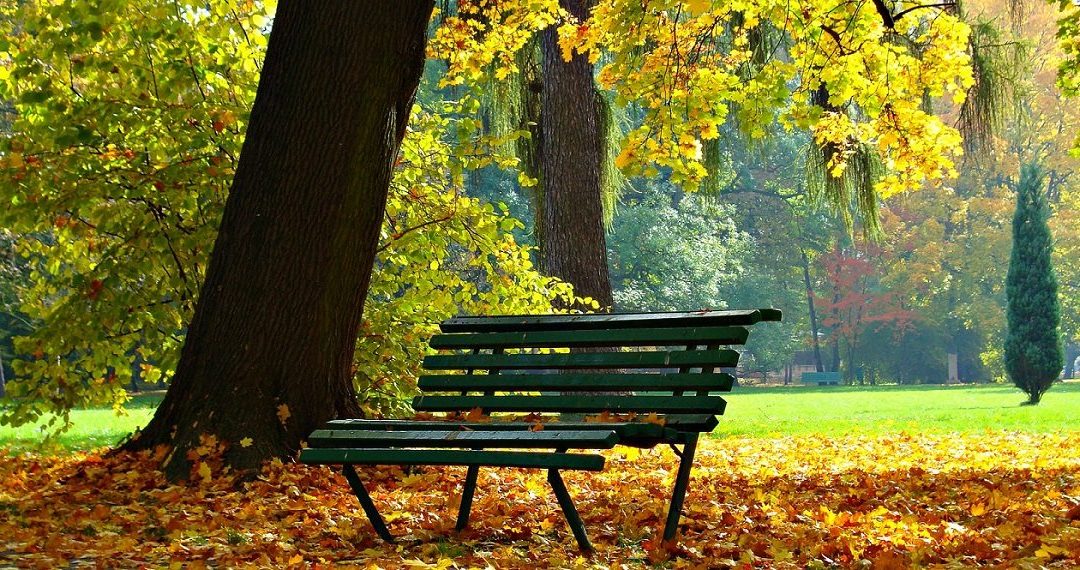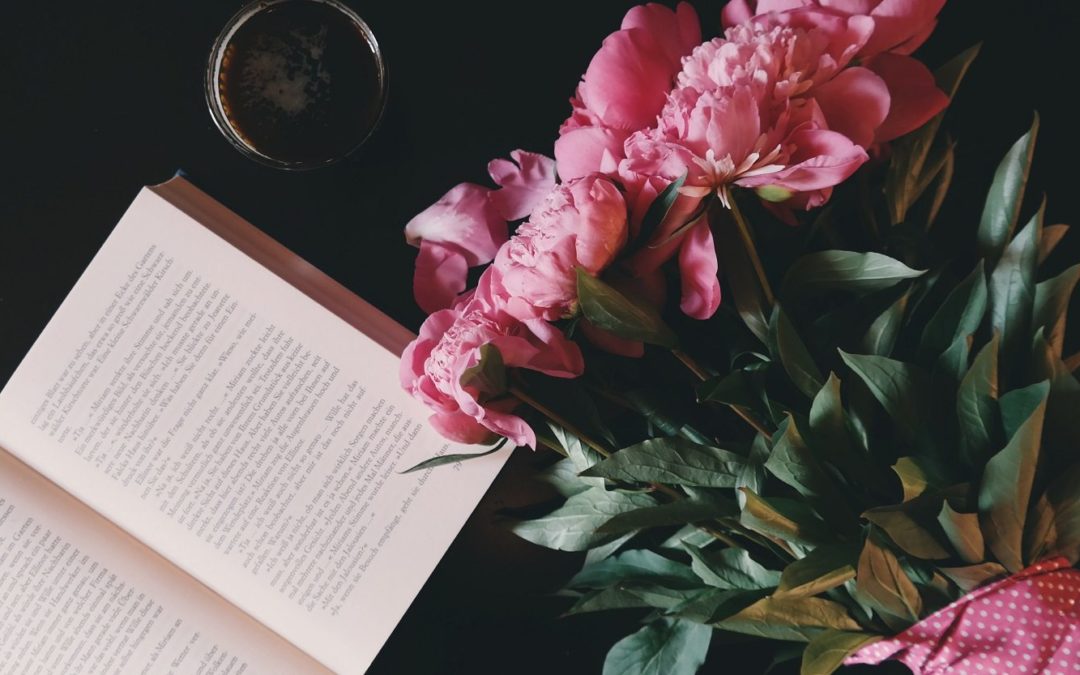1
It is four years to the day.
The pillow next to mine whispers this in my ear just before I open my eyes to the careless daylight. I wonder if it is a deficiency – perhaps a leak sprung in me after he died – that in all the time that has passed since we lay together in our… this bed, I haven’t dreamed about him. Not even once.
The pillow is restless for an explanation, as if baffled afresh by his persistent absence. The linen creeps up between my thighs with the easy familiarity of a lover’s hand. I rest my palm on his pillowcase which in all this time I have still not washed. If something of him still lingers there, I can’t bring myself to flush it out with Dynamo’s ultra-penetrating wash. I am certain this is why it still talks to me.
I have never taken his suicide as ingratitude. He always said he knew he’d die young. But the epicurean in me riles at the needless violence of it. Would a dignified overdose have been too much to ask? Blowing your brilliant brains out just five days short of your twenty-eighth birthday was gratuitous, burlesque. Why involve cleaners? Despite all the intimacies we trafficked in this bed, he never once let slip that the course he was charting through the jungle of his silences involved ammunition. He lived as a pacifist. Died as a terrorist. I was duped. Even stupid. To be that close, and not to know.
When you share a bed, you share a world. Those were his words, not mine.
Four years down the line, sex has become a vague intangible notion, like marriage and motherhood, limp affectations other people assume, unoriginal and unfortunate. My dreams, though, are pornographic. There I am hunted by wild men on Harleys, woolly with beard and storm. I am caressed noiselessly by bespectacled librarians with French manicures behind the Politics section. My breasts are groped, suckled on by passing strangers. Old men in beige trousers. Pregnant women verdant with limbs. Young boys twitching with testosterone.
As soon as my head touches my pillow, I become everyone’s whore. The hull of the mattress cradles my bones. The bed springs push up beneath me with memories that pester my skin, ripples of the gasps and shudders we let loose under these covers.
In this bed he had touched me alive. My body sang Gregorian chants. My womb shimmied in my belly, my nipples quoted Shakespeare. My hips grew wings. I fed him my flesh. I thought it would keep him from starving.
But in all those years he’d slept side by side next to me, I hadn’t dreamed at all. My friend Trixie had warned me, ‘be careful – he’s stealing your dreams.’
Rob was a thief – not of the petty kind. But I knew that going in. I had no-one but myself to blame.
After he died, I stopped eating meat.
2
The body needs protein. It is not a whim. It is a practical insistence much like oxygen and water. I am committed to oblige. This is an unspoken understanding between me and my tissues. Without meat, protein becomes a daily pilgrimage and beans offer a degree of deliverance.
Not every deli stocks tofu. Celebrities crooning of the benefits of green tea and the Kabbalah have curbed its status as a culinary idiosyncrasy, but still, tofu isn’t a fling. For one thing, you have to know where to look. And for another, it is entirely anodyne, and surrenders to the flavours of its immersion – soy, sesame, garlic, chili, ginger – without resistance, all too eager to please. Some days I eat it bland. It takes me back to my dreamless state, when Rob seasoned me.
Today, when I arrive at the fridges at the back of the supermarket where they stock ‘slow-moving’ produce, I cannot get to the tofu. There is somewhat of a boy in my way in washed out denims and a white t-shirt, with a lock of black hair wilted over his eyes. He is examining the different types of tofu with the same look of bewildered exile as a father holds his newborn.
‘Excuse me…’ I say, reaching into the fridge and removing Silken Soy.
‘Ummmm,’ he ventures.
I stop and address him with my gaze. It is not clear he is speaking to me.
‘Is …. Is… is this the…. best tofu… ?’ He holds up Greenacres.
‘It depends.’
He looks at me expectantly. I realize he wants me to go on.
‘It depends what you like.’
He nods. ‘I.. uh… don’t know what I like…’
He speaks to the tofu, not to me.
I am encouraged by his ingenuousness to continue. ‘I like this one because it’s mild and silky. But if you prefer it a bit stronger and firmer, then I think the Greenacres is better …’
‘And how do you … eat it?’
‘With my mouth, generally.’
He cannot decide whether I am joking. He wants to smile but all that hesitation gets in the way, and his courtesy weighs him down.
‘Sorry, I…I mean … how do you prepare it? Isn’t it tasteless?’
‘Are you new to tofu?’
He shifts his weight, in an effort to get easy in his body. He comes to some kind of lumbar compromise. I believe he is looking at me through his fringe.
‘I’ve just moved out of home, and I’m cooking for myself for the first time, so… I guess you could say I am new to tofu..’ he gives a small laugh, as if that phrase is enchanting. ‘But I’ve been a vegetarian since I was thirteen.’
‘Why did you give up meat?’ I ask.
He shrugs.
I squeeze the Silken Soy in my hand.
‘I.. uh.. once saw a sheep get knocked over by a car…’ His right fist coils tightly, anemoned in recall.
I release my squeeze on the Silken Soy. ‘You need fresh asparagus,’ I say. ‘You steam the asparagus. Then you toss olive oil and balsamic vinegar over them ..’
He smiles hesitantly. ‘Balzamic?’ he asks.
‘Balsamic,’ I say. ‘You’ve heard of it?’
‘Vinegar?’
‘It’s a dark aged vinegar that’s been reduced and thickened over time in oak or chestnut barrels.’
‘Okay.’
‘Then you dice the tofu and make it into a salad … with some toasted sesame and sunflower seeds….’
‘That sounds … wow …’
‘It’s …very wholesome…’ I say.
‘You know a lot about tofu.’
‘The balsamic’s in Aisle 4, in case you were wondering…’
I am standing paying at the checkout when he bounds up to me.
I stare down at my sandals which need some superglue to fix where the under sole is loose with the indulgence of grief’s neglect. I suddenly feel a little wretched in my tracksuit and ponytail. I haven’t been looked at in so long.
I am aware of his eyes on me, but it isn’t the kind of looking that makes you edgy. It is very soft. As if he is opening and closing all around me, the way flowers do for the sun.
‘Ummm…’ he starts.
I look up at him.
He panics for a second. He fidgets with his right hand on the counter. But he proceeds. There is courage there.
‘Would you … be interested….’
‘Thirty-nine, sixty’ the checkout lady says to me. I hand her a fifty.
‘… um… in initiating a…. virgin to the whole tofu experience… like … would you show me… how to prepare it…’
I inhale. I don’t know men anymore. Rob took that with him too. He clutches the counter. He is bracing for disappointment.
‘Can I just see your eyes…’ I ask.
He lifts his fringe impishly. They are dark and green and delicate. But they don’t flinch in the looking when the hair is out of the way.
I glance at the checkout lady. She looks at me and shrugs. ‘Yeah, why not? He looks like a harmless kid…’
‘I’m twenty-two,’ he says earnestly. ‘I’m not a kid anymore.’
3
His name is Finn (short for Finnegan, but that sounds weak, like ‘whiskers on a chin –igan’ which couldn’t even withstand the wind) and he is an architecture student. Seven years younger than me. Chinese year of the dragon. Perhaps it is the tofu, perhaps it is the Chardonnay, that gives him courage. That night in my kitchen, over a huge salad of asparagus and tofu, I let him talk.
An only child. Mum worshipped him, and thought he was the ‘greatest thing since sliced bread.’ Funny phrase that, he notices, what’s so special about sliced bread or is it meant ironically?
‘Dad left when I was three, so it was just mum and me until I was six. Then she met George. He was an architect which in mum’s eyes was like being a brain surgeon. Things have a way of getting exaggerated, by contrast – my real dad never finished school. The first present George ever bought me was a Lego set. He figured the best way to get to my mum was to make out like I was the special one, the one he was interested in.’
‘People are like buildings,’ he always said. ‘‘There’s always a doorway, always a way in,’ He was big on doorways. He had this way of filling up space. Charisma, my mother called it. It made me feel stunted. He’d always get a table in a fully booked restaurant, or the window seat in flights. People were always offering him their holiday homes. My mother got rid of everything she owned, even things she and my dad got for their wedding, when George moved in. It’s amazing what a statement like, ‘what does your stuff say about you?’ can do to a person who was perfectly at ease in herself for thirty-five years before it was uttered.’
‘He read me books on Frank Lloyd Wright and Andrea Palladio at bedtime.’
‘He let me sit up front. He liked to drive fast. I was in the car when he did a hit and run on a sheep.’
‘Dragons are supposed to leave a legacy.’
‘George left when I was thirteen. ‘
‘My mother’s back plays up in the winter. I think she’s lonely.’
Four hours pass. Finn asks for the bathroom.
‘Second on the left after the bedroom.’
My eyes follow him down the hall. At my bedroom door, he slows down and turns to look into my room. I wonder what his architect eyes discern in the mess of linen, and whether he reads the unraveled history of my flesh there. The thought of date rape passes through my mind like a stray cat, but it does not stay. I feel indicted by my own torturous conditioning. He’s just a boy.
When he returns, he has moved his fringe away from his eyes. It looks like he has applied some water to keep it in place behind his ear.
‘Can we… can we take a walk..?’
‘A walk?’
‘Along the beachfront?’
He recognizes my distrust of shadows.
‘If you don’t want to, it’s okay…’
I haven’t walked on the beach after dark since the night before Rob died, his wiry arm around my shoulders, holding me firm, with promises of the earth and gravity.
I have replayed that night over and over in my head. I think I nattered on about children someday. He had just kept still, misleading me into a labyrinth of complacency with his quiet. He pointed out Orion. I thought it was an observation. Now I see it was a forwarding address. A destination.
I grab my coat and a hip flask.
‘Let’s go,’ I say.
We walk in an uncontested silence. The seagulls are haggling on the sand. We take turns sipping from the flask. I am dreamless. I don’t know how these things go anymore. Does he try to take my hand? And what then?
But he doesn’t. He keeps his hands deep in his pockets after returning the flask to me. He doesn’t mind sand in his shoes. I take mine off.
We walk all the way to the end of the beach and back. I get my feet wet. He watches me, but he makes no move to join me.
I look for Orion. I can’t make it out. I was never good at joining the dots.
‘What are you looking for?’ he asks me.
‘Anything,’ I say.
He does not press me. My obscurity suffices. I can’t make out whether this is communication or dislocation.
Suddenly, I start to laugh. He watches me laughing.
I laugh ridiculously.
Finn doesn’t push his way into my laugh. And then after a while, my laugh disintegrates and becomes part of the tender night and perhaps Rob is here and perhaps he is not but for now, endlessly in this moment, I feel unstolen from.






